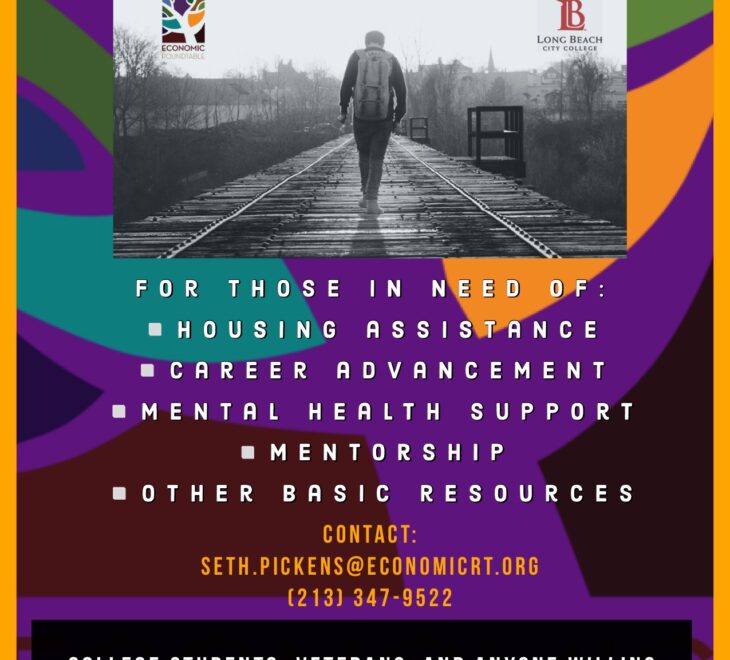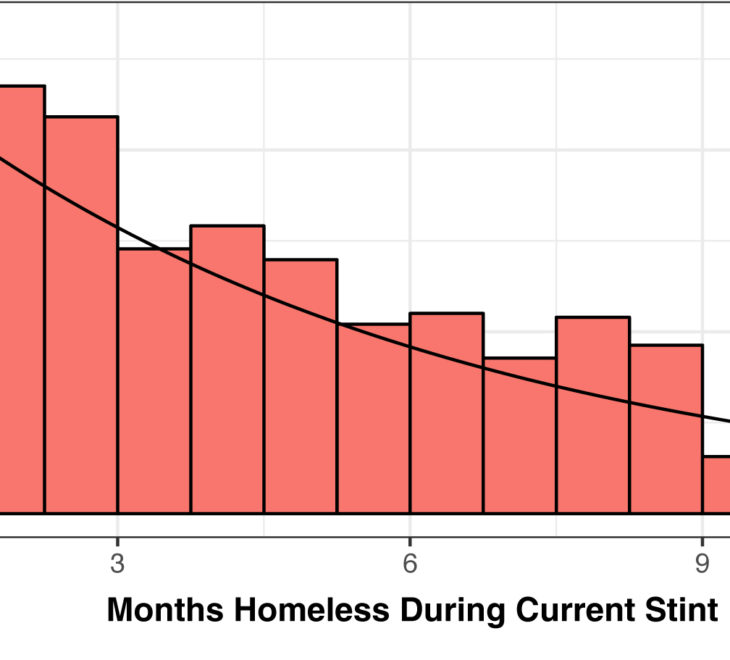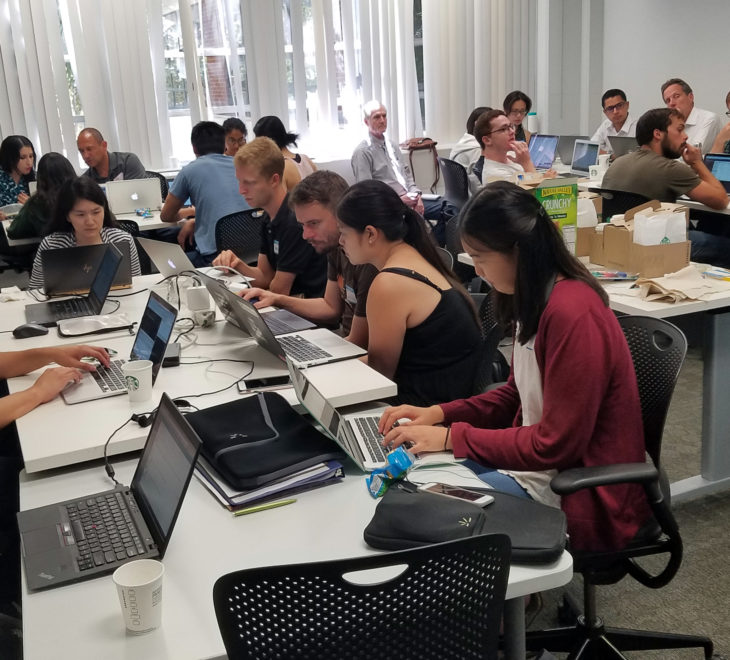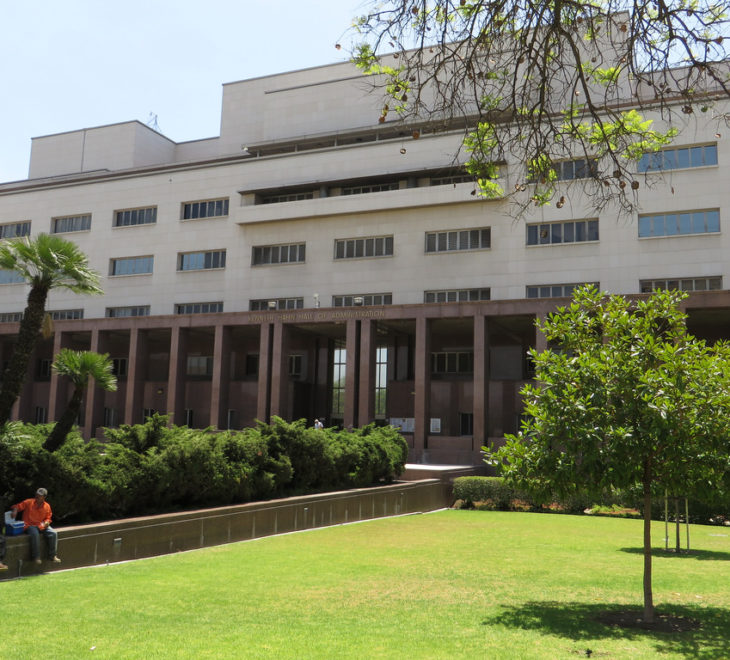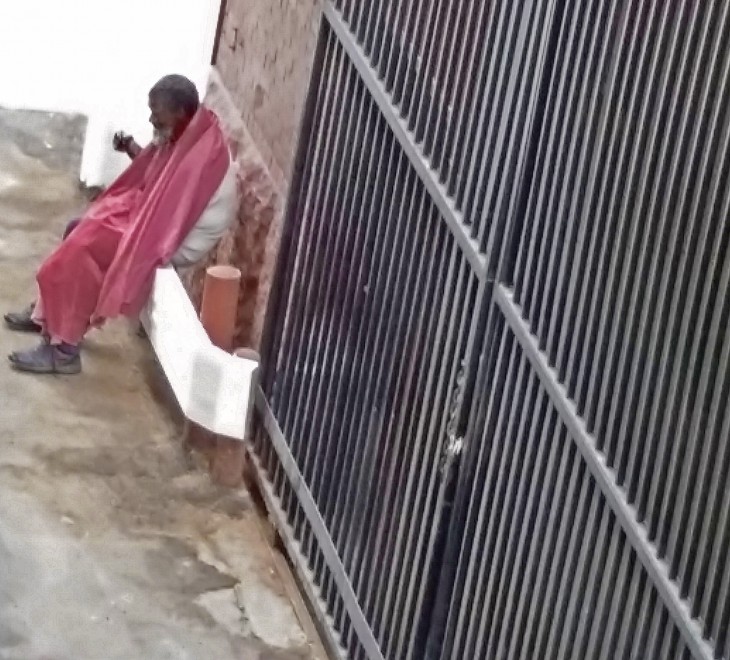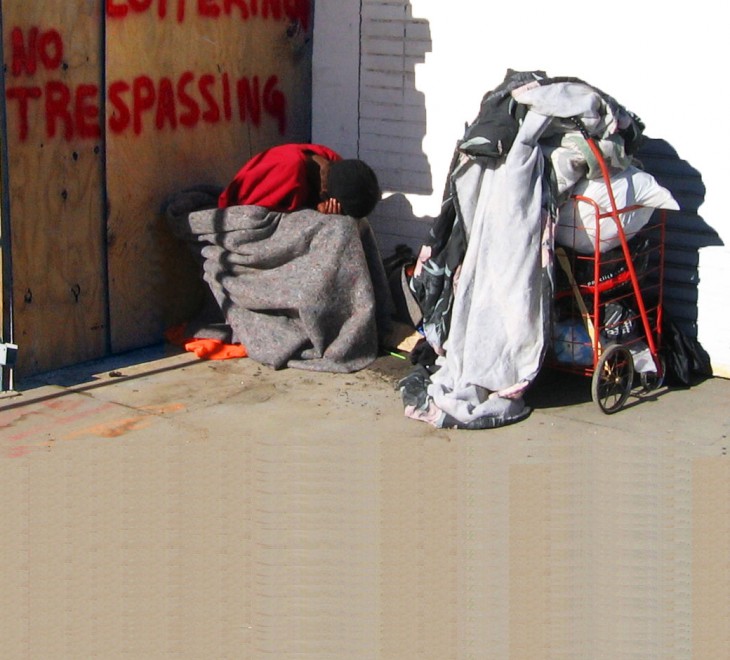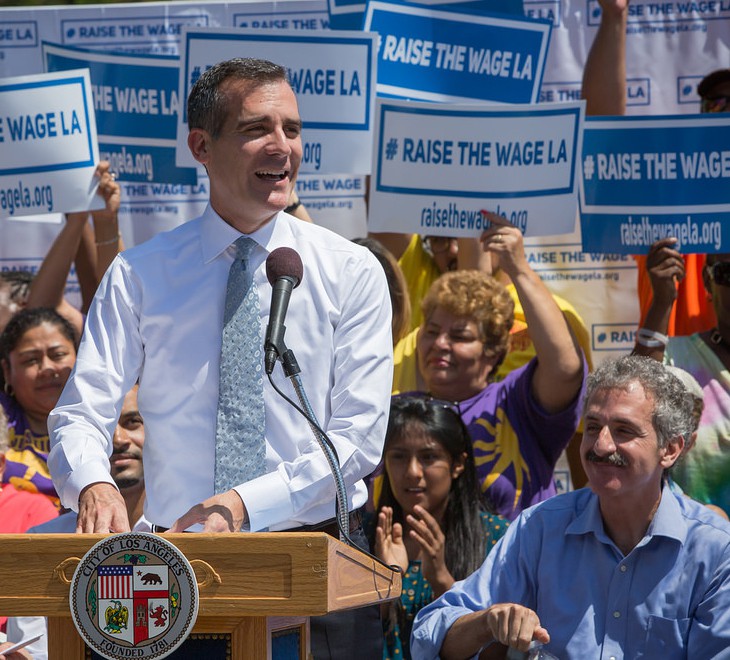Mollie Lowery, a friend whose dignity, insight, decency and truthfulness helped make us better people, died on Monday, July 25, 2016. We worked with Mollie on housing 10th decile hospital patients. She was deeply idealistic and pragmatic, taking responsibility for finding housing and providing long-term support for patients with severe psychoses and acute medical and substance abuse problems, despite knowing how hard the job would be with unpredictable mental health and housing support.
Mollie grew up in the San Fernando Valley, spent summers in the mountains at Bass Lake, and in 1971 left USC with a master’s degree in rehabilitation counseling. She worked at Rancho Los Amigos Hospital for three years, then became executive director of Ocean Park Community Center, a three-person drop-in center with a hot line where, over the next decade, she built Sojourn Battered Women’s Shelter, Turning Point Homeless Shelter, Stepping Stone Youth Crisis Shelter, and the Day Center.
Mollie’s commitment to peace and justice led to becoming general manager of KPFK, a non-profit, listener-sponsored, public radio station from 1984 to 1985.
In 1985, Mollie founded Lamp Community a community-based social service agency located on Los Angeles Skid Row. Lamp Community provided 30 crisis beds, 48 transitional beds, and 200 permanent housing units for mentally ill residents of Skid Row. It also provided employment opportunities for residents through income-generating businesses that included recovery programs, theatre and art projects, street and jail outreach, and case management and support services to homeless adults.
In 1994, Mollie made the first of two escapes to Mono County in the Eastern Sierra. Somehow she held down three jobs, developing a ranch and retreat center for non-profits, directing Wild Iris Women’s Services that provided shelter and support services to survivors of domestic violence and sexual assault, and partnering in starting up Masala Construction, building and remodeling homes. The ranch included two llamas that packed supplies for hiking expeditions that Mollie guided.
Lamp fell on hard times in her absence. The Los Angeles Times ran a story with the headline, “Innovative Skid Row Program to Close Its Doors.” With a promise of foundation support, Mollie returned to Lamp in 1997, restored its programs, and stayed on until 2005.
During Mollie’s second escape to the Sierras, the ranch became Sagewalk Ranch and Retreat, offering horseback riding lessons, trail riding, swimming; fishing, wilderness backpacking and hikes for Lamp residents and staff from nonprofit agencies. The economics of the ranch didn’t work, so in 2006 Mollie had to sell it. However, before selling it she gave an open-space easement for the ranch to the Eastern Sierra Land Trust. She was one of the first Sierra land owners to preserve their land as open space and is still warmly remembered by the Land Trust.
Mollie became program director for Housing Works in 2007, where she implemented the Home First initiative. Home First is a scattered site, permanent supportive housing, housing-first project that serves and houses individuals (and their families) who are chronically homeless and diagnosed with serious mental illness or multiple chronic health problems. The project provides outreach and engagement through shelters and the streets, assistance with housing and housing subsidy applications, and comprehensive on-site support services once the individual (family) is housed.
Since the mid-seventies, Mollie was active in community organizing, peace and justice issues. This took her to Mexico, Central America, Jordan, Iraq, Russia, and France to document events, witness, carry out relief work, study, meet, and march.
Mollie was still on the job at Housing Works until several weeks ago. She was empathic and at ease with individuals who experience the world through the altered lens of schizophrenia, and authoritatively impatient with the broken social service and health systems that too often let these individuals fall through the cracks. We miss you Mollie.
Mollie’s life and work are recounted in two Los Angeles Times articles:
Mollie Lowery dies at 70; served as a friend of and advocate for people living on L.A.’s sidewalks
Mollie Lowery, to the end, was a saint to those living on the streets


